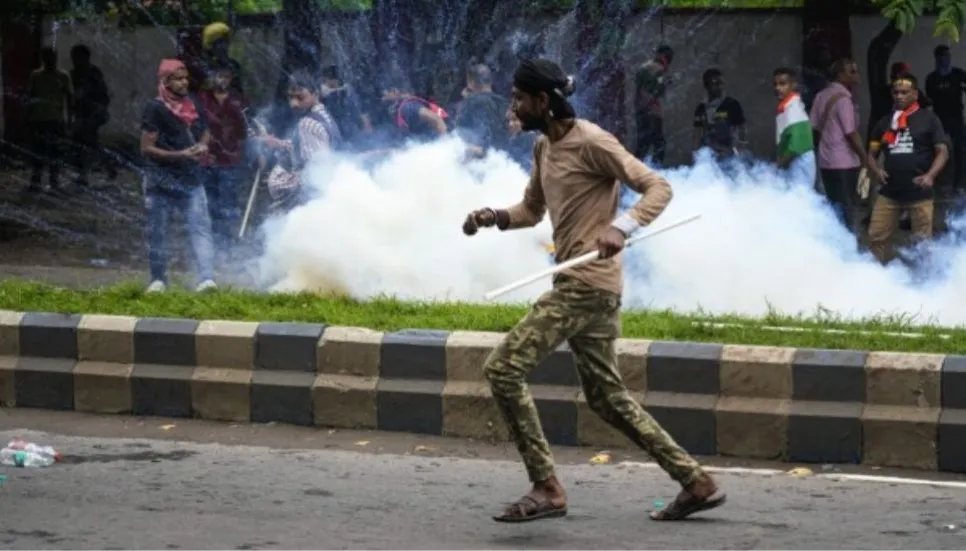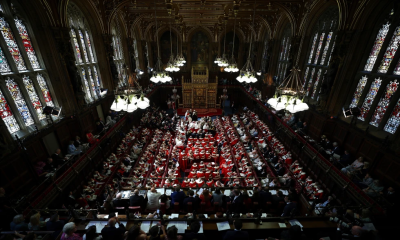Police in India deployed tear gas and water cannons to disperse thousands of protesters demanding the resignation of a top official in the country’s east.
The demonstrations were sparked by the August 9 killing of a 31-year-old resident doctor at Kolkata’s R.G. Kar Medical College and Hospital, which has intensified scrutiny of violence against women in India.
The protesters accuse Mamata Banerjee, the Chief Minister of West Bengal and leader of the Trinamool Congress party, of mishandling the investigation into the doctor`s rape and murder.
Her political rivals, including the Bharatiya Janata Party (BJP) led by Prime Minister Narendra Modi, have also criticized her handling of the situation. The BJP, the main opposition party in West Bengal, attempted to breach police barricades to march to Banerjee’s office, demanding her resignation.
Police responded by blocking roads, using batons, and arresting four student activists accused of planning large-scale violence.
In response to the incident, India`s Supreme Court has established a national task force of doctors to develop safety guidelines for healthcare workers.
An autopsy confirmed the doctor was sexually assaulted, and a police volunteer has been detained in connection with the crime. The victim’s family alleges gang rape and suggests multiple perpetrators were involved.
The protests have sparked a nationwide outcry over violence against women, leading to walkouts by doctors and paramedics across India and disrupting healthcare services.
Despite stringent laws and penalties introduced after the 2012 Delhi gang rape, violence against women persists, and calls for more effective measures continue to grow.





-20260220065859.jpeg)
-20260219110716.webp)
-20260219054530.webp)









-20260221022942.jpg)
-20260221022827.webp)



















